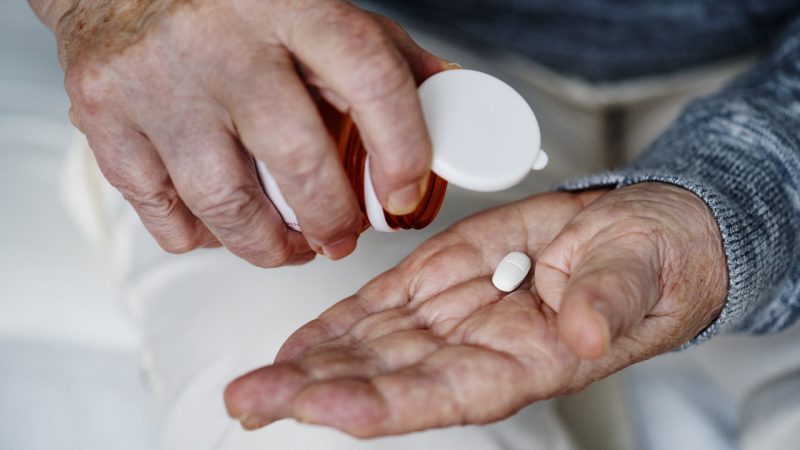Doctor of Pharmacy (PharmD)
What is A Doctor of Pharmacy (PharmD) Degree?
Pharmacists dispense prescription medicines and help people use these meds correctly according to doctor’s orders. They may also discuss possible side effects with patients as well as make recommendations about over-the-counter medicines available without prescriptions. Attention to detail is critical in this field since the wrong medication given to a patient can be disastrous. As a pharmacist you may work in a drug store, a hospital, or large clinic.
In many areas a Doctor of Pharmacy (PharmD) degree plus successful completion of one or more licensing exams will be required to work as a Pharmacist. Most students have three years of undergraduate work or a Bachelor’s degree before entering the professional PharmD program. In the first couple of years you’ll study very specialized topics like biostatistics, biopharmaceutics, and physical chemistry. Many programs include supervised pharmacy rotations and education and training in relevant topics like chemotherapy and stem cell therapy in the last year or two of study. Demand for pharmacists is somewhat stable, although as drug stores start to give more patient care in in-store clinics, the demand may increase.
The video below discusses a “typical” program, so it should help regardless of which school you are considering.


